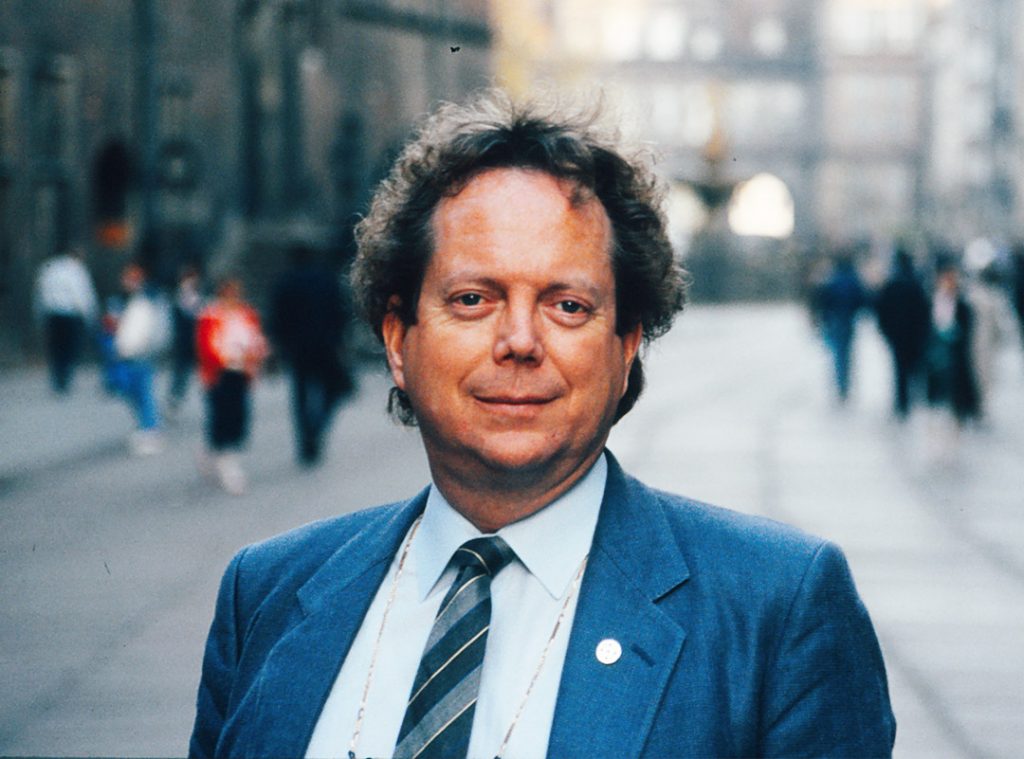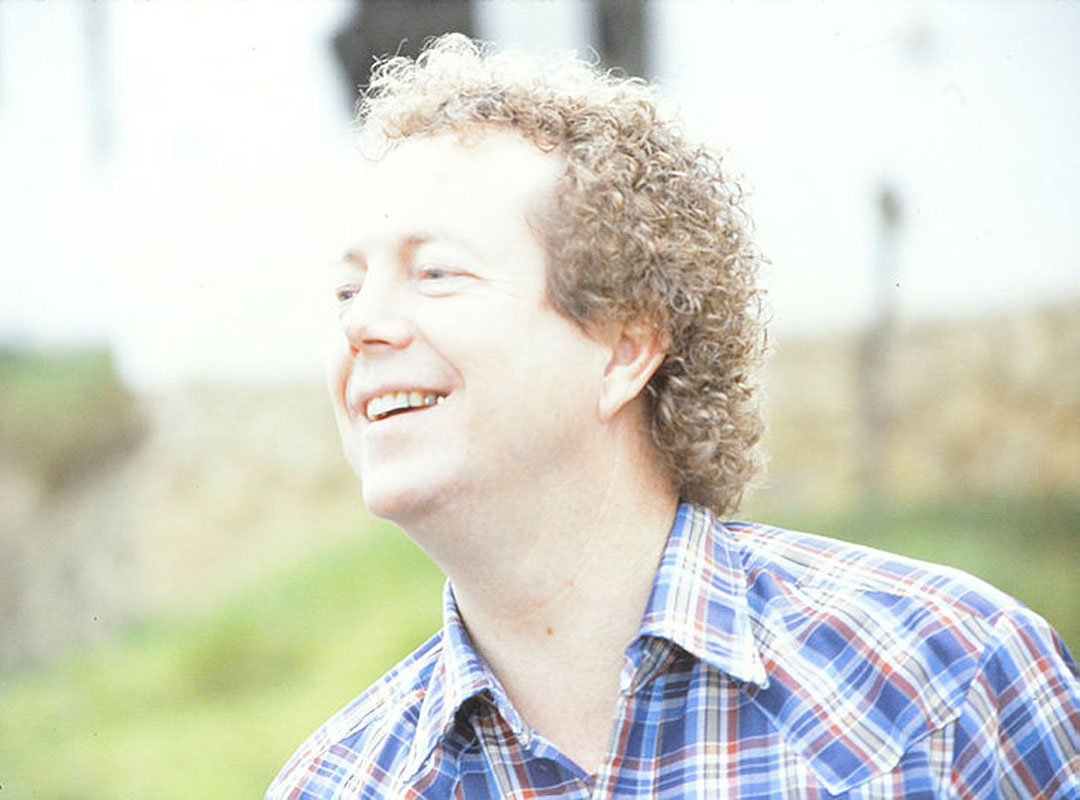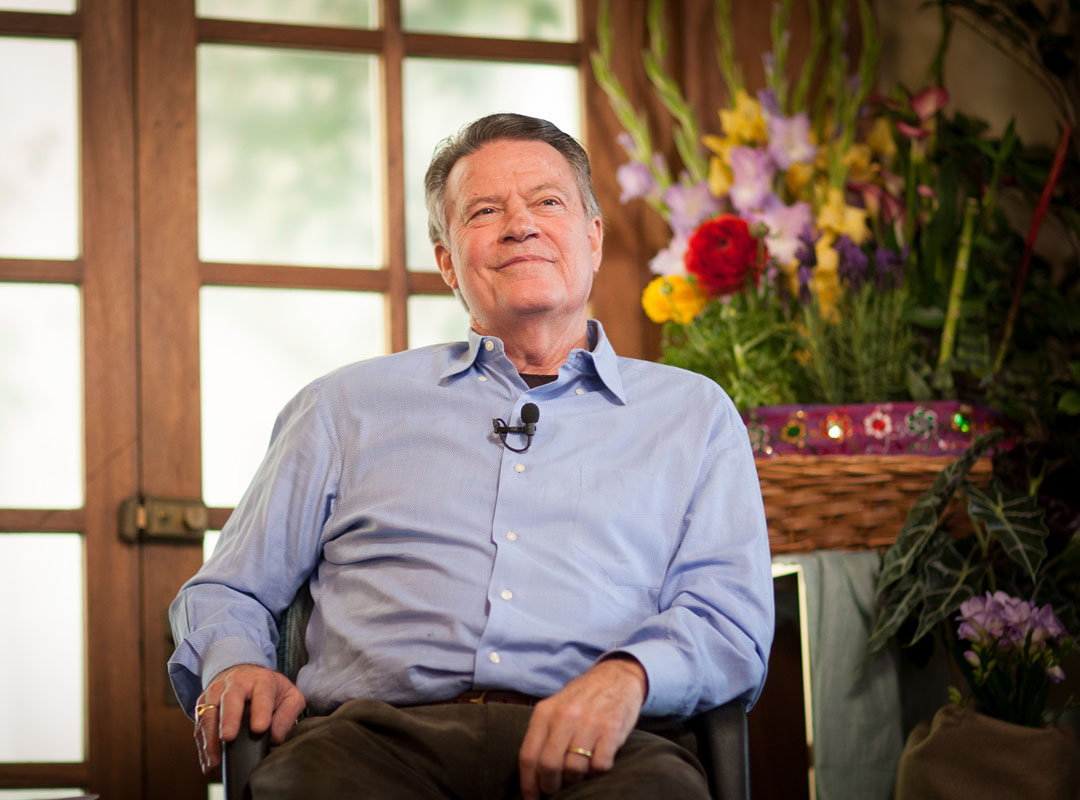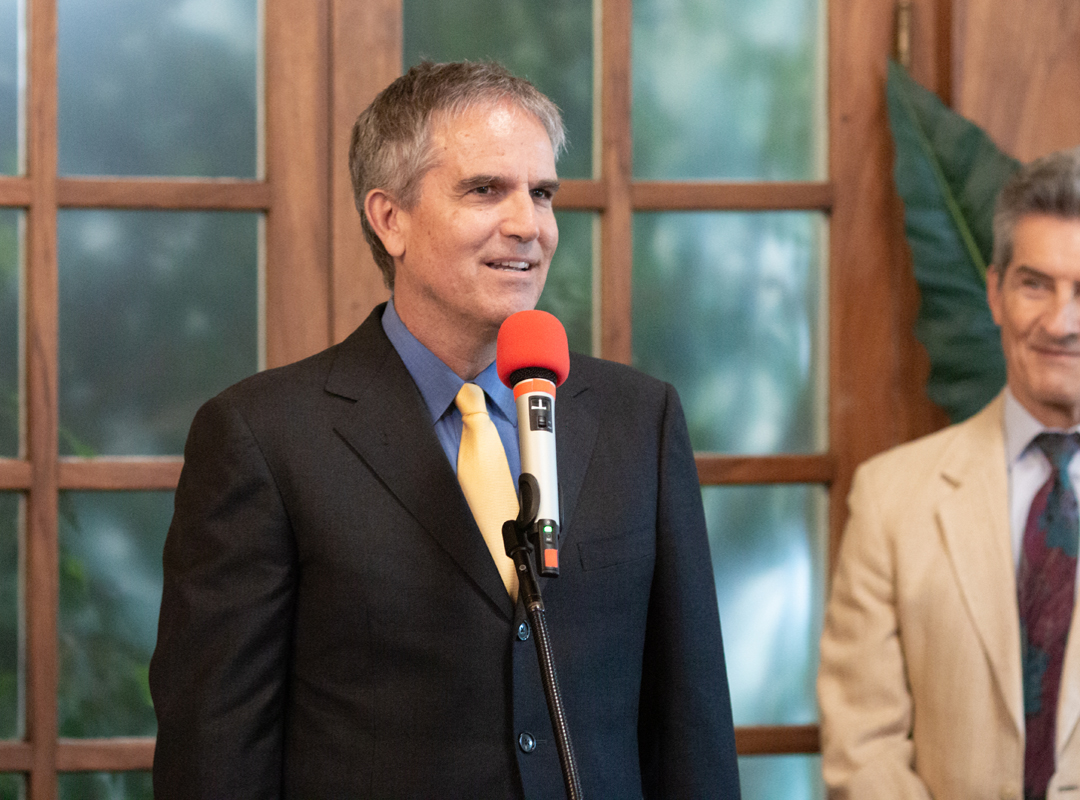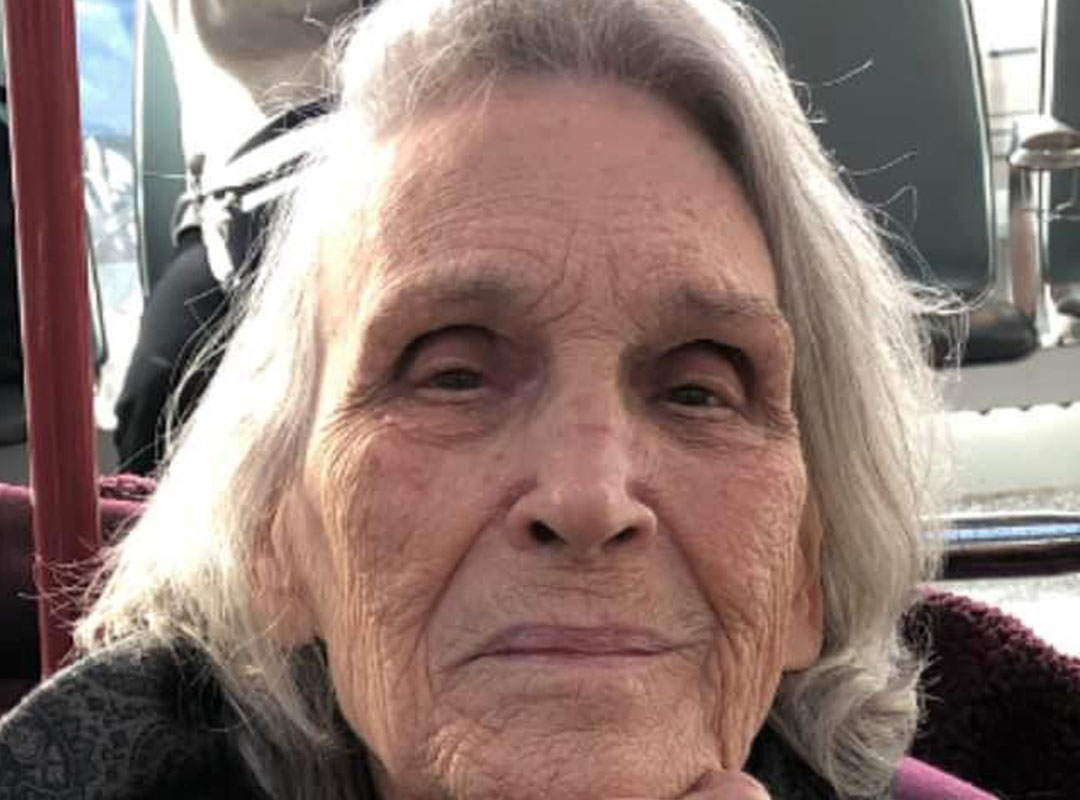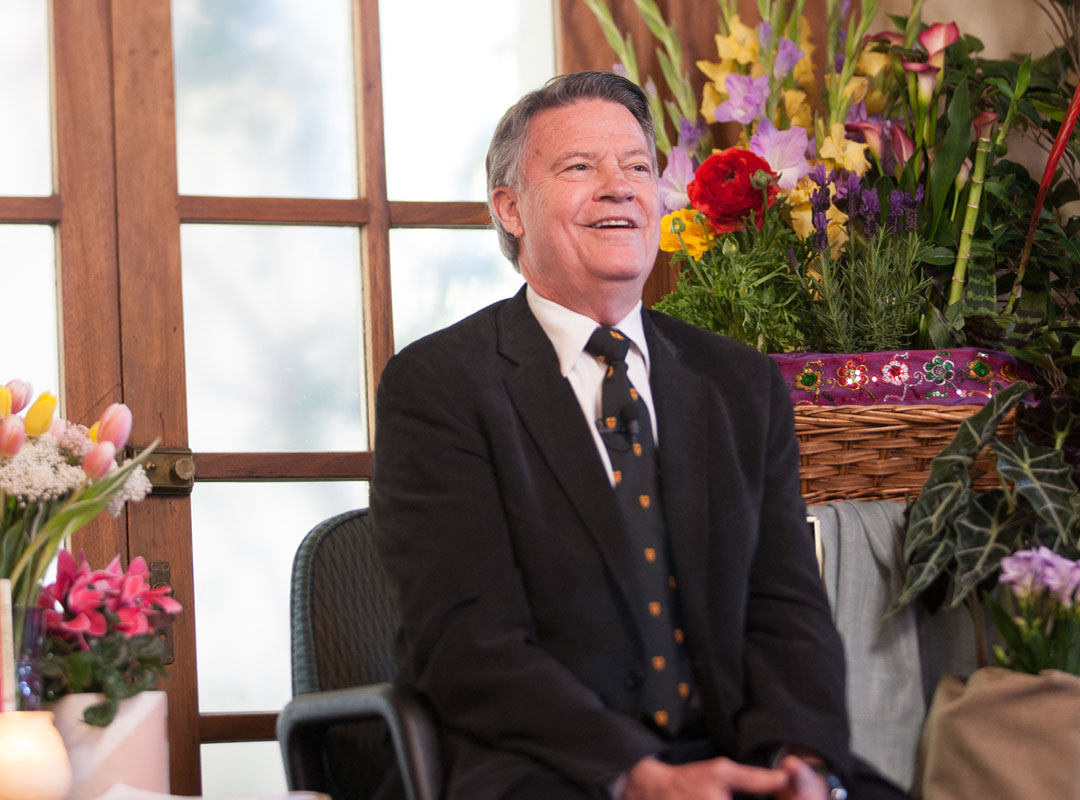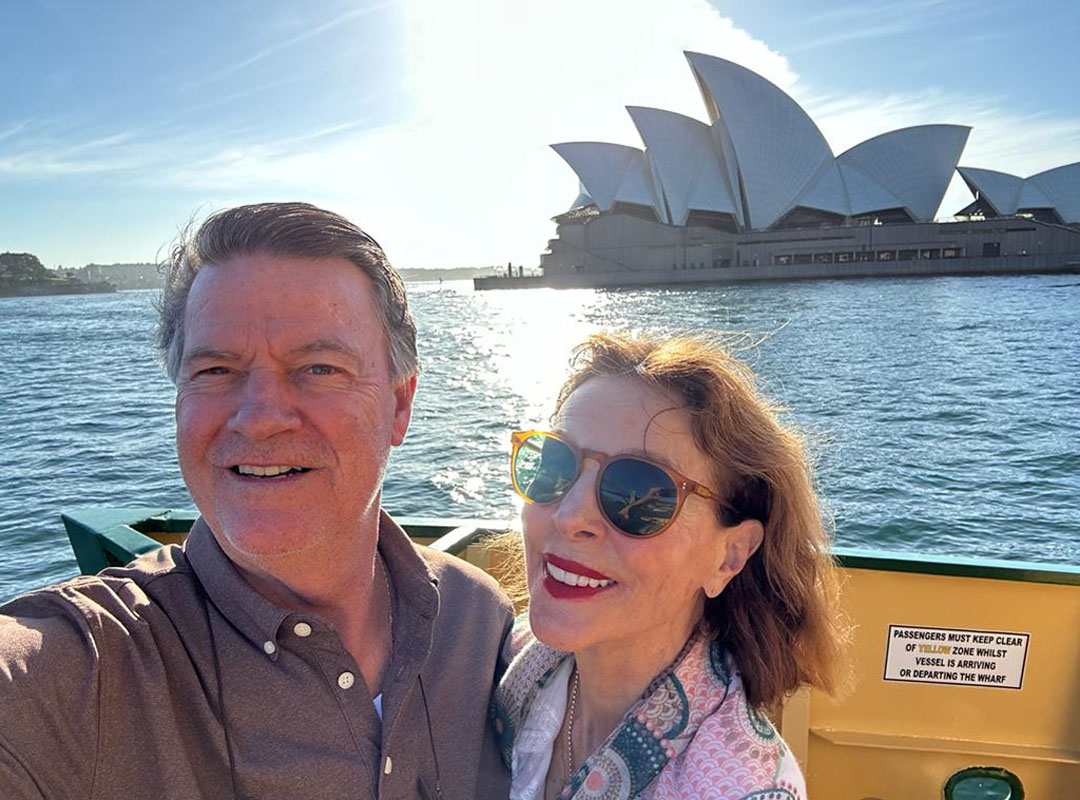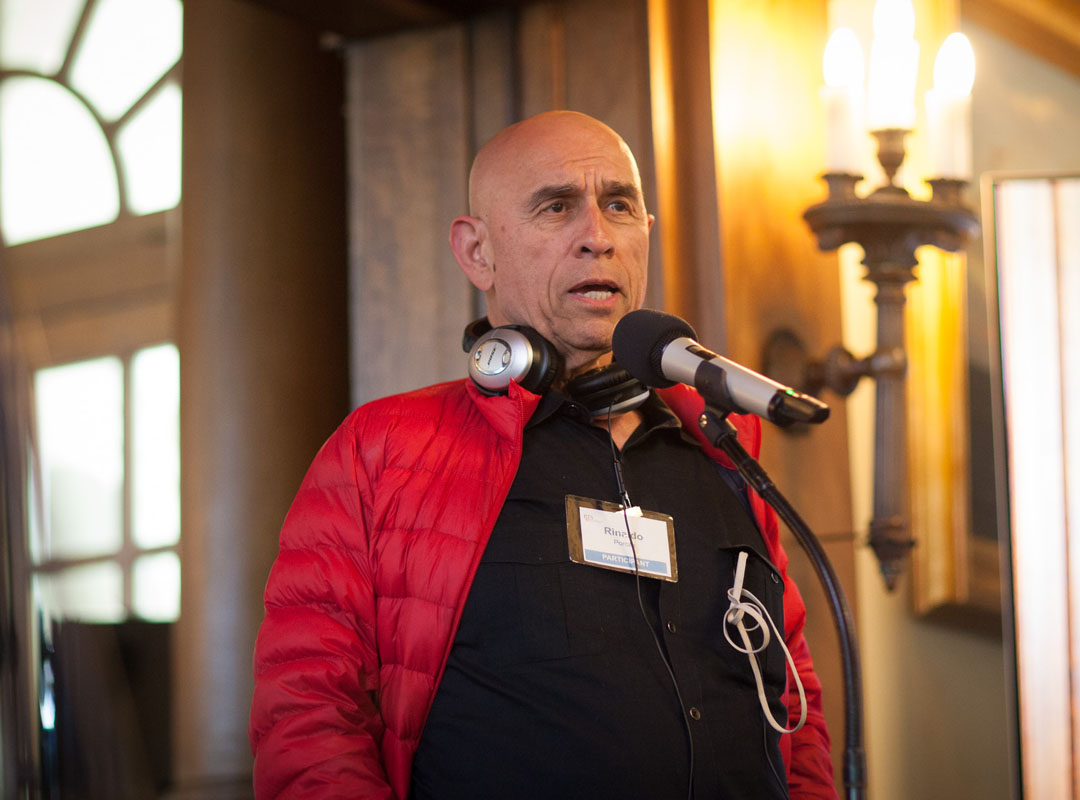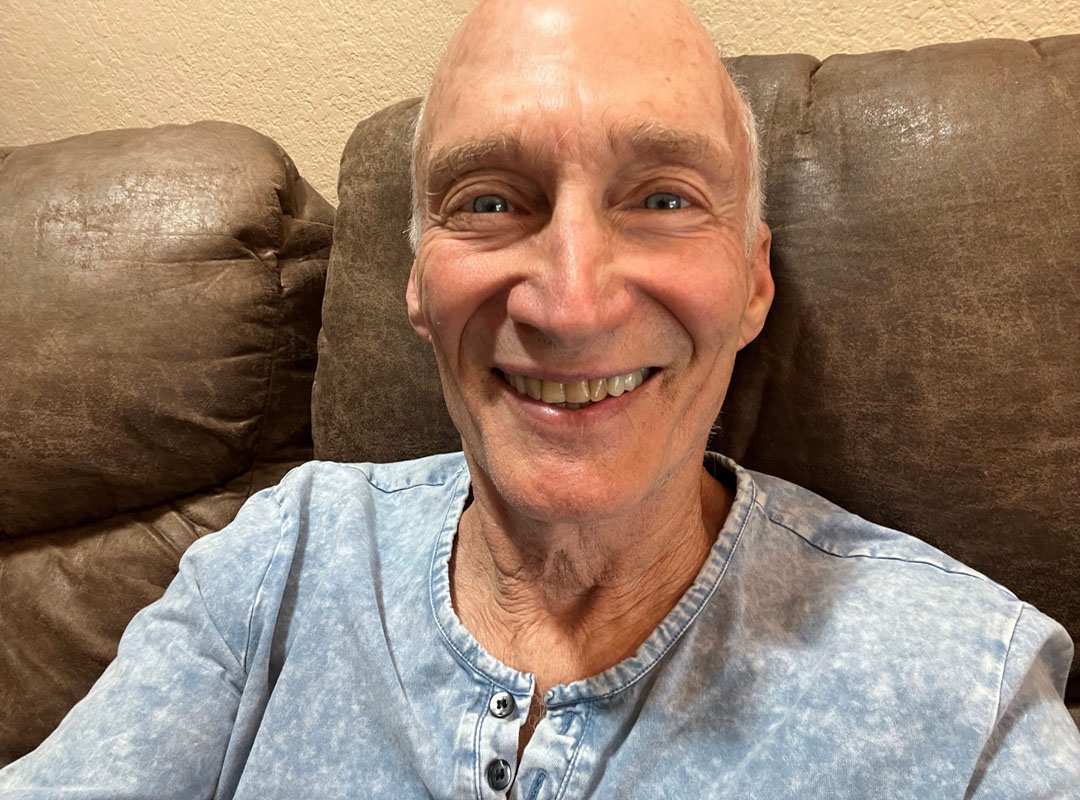If you are coming from the peace inside of you, you will know that you have done what has been in your area of concern at the highest rate of efficiency you had at that moment. In hindsight, of course, all of us can do better. But to berate ourselves or others for not having done better is war. It’s againstness. Course correction is finding solutions and going toward fulfillment. – John-Roger
This article was first published in the New Day Herald in July, 1989.
Peace is cessation of againstness. So if you’re in acceptance, you’re in peace — profound peace. You’re not against anything. It is a quality inside where, for example, you accept that what you do is what you do and that if you had known better, you would have done better. If we could do better, we would do better. But we’re doing the best we know how with the circumstances we’re involved in and what we have to work with, including ourselves and the other person.
Can we always do better? Yes, but you need to watch because “I could have done better than they did” and “I can do better next time” can be warring actions. That second one is very subtle. You may say, “I can do better next time,” but that situation may never appear again, so you’re now in a process of againstness, against doing “bad” with regard to that situation the next time — yet it may never show up again. That’s wasted energy.
If you’re against someone, you must hold a picture in your mind and a feeling in your emotions and maybe a body posture of fighting or holding so that they’re always what you’ve judged them to be at some point. Even to hold them in that position in your consciousness is a statement of war. So inside of us, we have to come to a cessation of against-ness. This applies to our parents, our siblings, our other relatives, our growing-up companions — everyone and everything in our lives.
For example, the other night I went to a preview with some friends and an actress friend who starred in the film. As we sat there before it started, I asked her what kind of a movie it was. She started to describe it, and I started to have this sinking feeling of, “I don’t want to watch this.” It was really getting the upper hand, to the point where I thought, “I want to get out — just walk into the lobby and wait for the others to come out.” The more I sat there, the more I realized I was not at peace with the movie or at peace with my role there, participating with the actress. So I just reached over and touched her hand. I said, “So this is sort of a sci-fi horror flick. It must be exactly what I need.” I claimed it, took authority over it, and entered into the peace.
It was a good movie, but I don’t think it would have been a good movie in my other state of consciousness, no matter how good it was, because it was not going to measure up to my projected imagery and expectation of what it should be like. When we went to dinner afterward and talked about it, we all had enthusiastic statements. And even though we had some critical statements, they weren’t negative. When the actress told us that the film was going to be recut and edited, one of us said, “The guy’s finger was cut off the right hand in one scene, and then when they showed another scene, the finger was cut off the left hand.” To say that was to make a critical statement, but it wasn’t a negative, criticizing one.
Critical statements aren’t necessarily war statements; they’re along the lines of, “Here’s how to make this better.” Criticizing would be, “Look how terribly they did the fingers.” Making a critical statement is to say, “To keep continuity in the movie, you need to have the hands match up from scene to scene.”
I used to work in Salt Lake City as a police officer. A sergeant once said to me, “A peace officer’s peace can’t be disturbed.” I liked that. I thought, “Boy, I’m a peace officer. And if they get in my way, I’ll shoot them.” He said, “Our peace cannot be disturbed.” I thought, “Yeah. If they disturb our peace, we’ll throw them in jail.” I was making war statements.
Then the sergeant looked over at me and said, “What do you understand by `a peace officer’s peace can’t be disturbed’?”
I said, “I’d rather hear your answer.”
He said, “We must always be in the position that no matter what anybody does, our peace inside is never disturbed. That way, we become fair in fulfilling the law with people.”
It woke me up inside. I had been off base. Enthusiastically off base, but still off base. Sincerely off base, but off base. Lovingly off base, but off base. This sergeant brought me back, and then I was enthusiastic, sincerely, lovingly on base.
From that day on, I never gave a ticket for anything because nobody could disturb me enough. I stopped people and talked to them. If they went through a red light, I’d say to them, “That light was red.”
Some said, “It was orange when I went through.”
“In that case,” I’d tell them, “watch real carefully because you can get hit on an orange light, too.”
And they’d say, “Oh, yeah. You’re right. Thanks.” They learned, and they left. I wasn’t into penalizing. They drove away feeling more peaceful, having been talked to carefully.
Staying present is the key. I think that’s what I’ve told people most often over the years: Be loving and stay present. Right here, now — this is the place to accomplish and get everything. If we go back to the past, we’re usually going to punish somebody or be punished by somebody. And if we’re going toward the future, we’re in fear of somebody or we’re going to intimidate somebody. All we do by doing those two things is get ourselves in a state of war. Then we can get sick, and we pay the price — now or sometime later. And it’s great to know that the law of God is just and impartial. But sometimes, we say, “No, I want a break. I think God should give me a break.” Enter into the grace of now, and then God gives you the break. So all the breaks are in our hands and our control. Knowing that can bring an inner peace.
Peace is not a static condition; it’s a very active condition. It is a cessation of againstness, where we’re no longer against or fortifying as much as we’re moving forward to. Then, if a number of people go in the same direction and everyone holds the same focus of peace, great things take place in the environment.
A few years ago, I told people that if enough of us were to hold the Light or to chant our tones, we would make all nuclear weapons immobile. At the time I said that, we started doing it. Not only are they dismantling the weapons now but the secrecy is being exposed to the public so it can be cleaned up.
But the public sometimes wants to condemn. That’s war. To condemn does not make any of it go away. But to go peacefully toward it and clean it up is to then bring peace and harmony.
So everyone has to ask, “Am I bringing peace and harmony? Am I part of the solution, or am I part of the problem?” The solution is a peaceful one, so as we go toward the solution, we go peacefully. And if we’re saying bureaucracies did all of these things to our environment and we start to feel bad about that, that also won’t clear it up. We may feel burdened with the mistakes of other people and the secrecies of bureaucracies, but those things are probably always going to happen. If you are coming from the peace inside of you, you will know that you have done what has been in your area of concern at the highest rate of efficiency you had at that moment. In hindsight, of course, all of us can do better. But to berate ourselves or others for not having done better is war. It’s againstness. Course correction is finding solutions and going toward fulfillment.
The whole concept boils down to this: Where are you focusing your awareness? What are you looking toward? Are you looking at the past? If you are, that means you’re backing into your future and you’re probably going to have an accident. Or do you stop, look back, make the course correction, and then step forward into it? That’s the cessation of againstness. That’s peace.
Baruch Bashan







